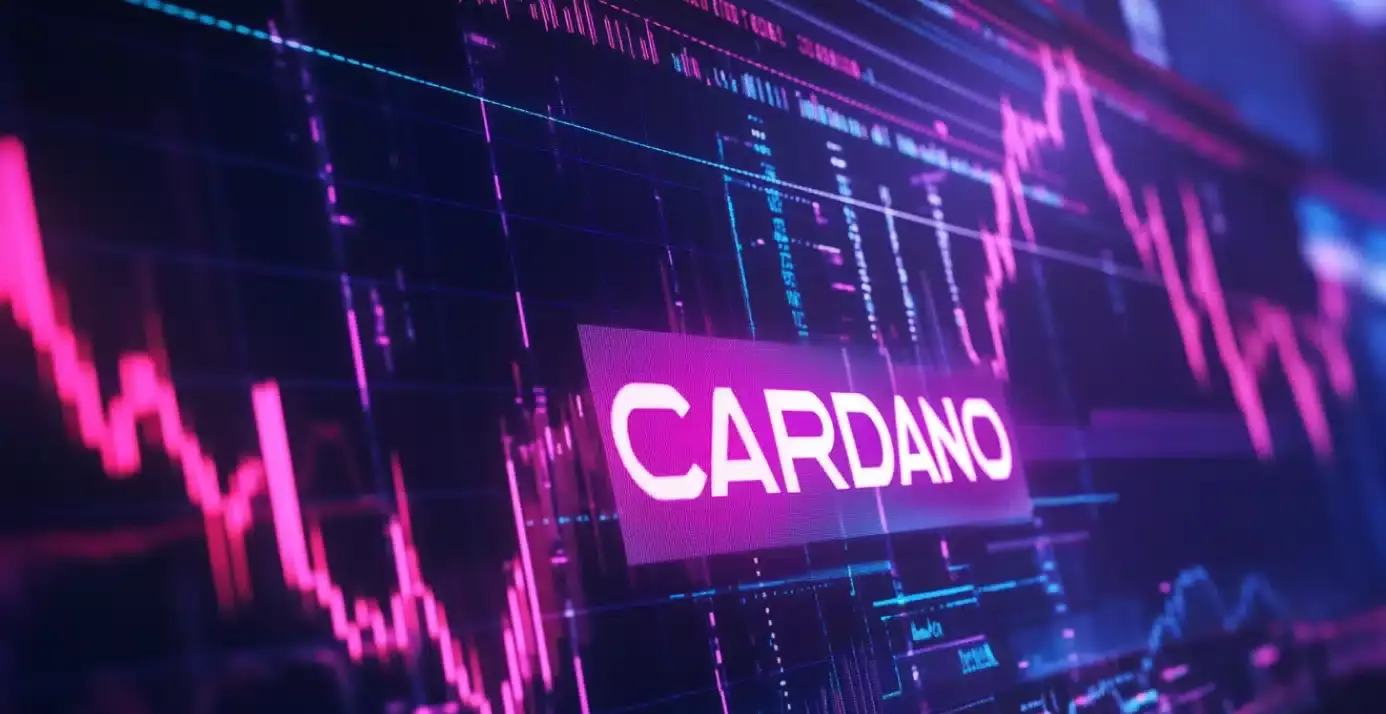The digital asset landscape is witnessing an unprecedented shift, particularly with the recent announcement from Grayscale regarding its intention to file a 19b-4 form for a spot Cardano (ADA) Exchange-Traded Fund (ETF). This strategic move is not just a routine application; it represents Grayscale’s intent to diversify beyond traditional holdings like Bitcoin (BTC) and Ethereum (ETH), embracing the possibility of institutional investment in a broader spectrum of cryptocurrencies. With this filing, ADA has experienced a remarkable 11% surge, fueled by the anticipation that regulatory bodies, particularly the SEC, might become more open to approving such ETFs.
In the broader context of the cryptocurrency market, this marks a notable event—Grayscale’s application for a spot Cardano ETF is the 60th of its kind this year, according to Bloomberg ETF analyst Eric Balchunas. This rush to secure approvals reflects a dynamic shift within the investment community, driven by the evolving regulatory landscape. The 19b-4 form is crucial, as it represents a formal application for a rule change necessary for listing a new ETF on an exchange. Despite becoming a litany of processes, the optimism surrounding these filings signals a potential turning point for altcoins, particularly in a market that has often been dominated by larger players like Bitcoin.
Market Reactions and Speculative Sentiment
Immediately following the news, ADA’s price rose to $0.74, although it’s essential to contextualize this against its previous peak of $3.10 in September 2021, illustrating a stark contrast in performance over time. The substantial price increase in a short period indicates that market participants are becoming increasingly bullish on the prospects of altcoin ETFs. As analysts speculate on the potential of other cryptocurrencies, such as Litecoin (LTC) and Solana (SOL)—each with projected approval chances of 90% and 70% respectively—there appears to be a collective enthusiasm regarding the viability of digital assets beyond Bitcoin and Ethereum.
The wave of applications comes in the wake of shifting sentiments within regulatory bodies, particularly after Gary Gensler’s departure from the SEC. Historically known for a stringent approach to cryptocurrency oversight, the new climate may favor more lenient and equitable frameworks for evaluating crypto ETFs. This evolving sentiment has led Bloomberg analysts Seyffart and Balchunas to speculate on the increased likelihood of approvals not only for Cardano but also for Ripple (XRP) and Dogecoin (DOGE), both of which still face significant regulatory scrutiny.
As the cryptocurrency market adapts to these forthcoming changes, the filing of the Cardano ETF may symbolize a new era for altcoins—one where institutional interest could reshape their future. The positive market reaction, coupled with an environment ripe for new filings, could lead to significant developments in how cryptocurrencies are perceived by mainstream investors. However, the road to approval is fraught with regulatory uncertainties, making it imperative for stakeholders to stay vigilant. As optimism builds around ADA and its potential institutional adoption, the landscape for digital assets is poised for transformation, underscoring the need for ongoing analysis and scrutiny as these events unfold.

